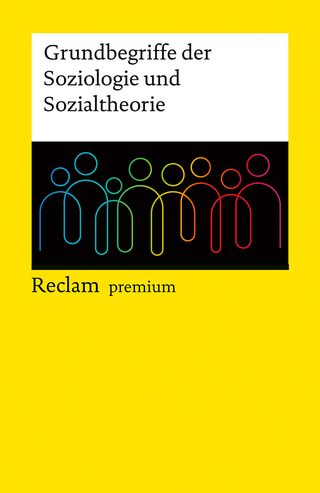
Someone To Talk To
Oxford University Press Inc (Verlag)
978-0-19-066142-7 (ISBN)
In Someone To Talk To, Mario L. Small follows a group of graduate students as they cope with stress, overwork, self-doubt, failure, relationships, children, health care, and poverty. He unravels how they decide whom to turn to for support. And he then confirms his findings based on representative national data on adult Americans.
Small shows that rather than consistently rely on their "strong ties," Americans often take pains to avoid close friends and family, as these relationships are both complex and fraught with expectations. In contrast, they often confide in "weak ties," as the need for understanding or empathy trumps their fear of misplaced trust. In fact, people may find themselves confiding in acquaintances and even strangers unexpectedly, without having reflected on the consequences.
Someone To Talk To reveals the often counter-intuitive nature of social support, helping us understand questions as varied as why a doctor may hide her depression from friends, how a teacher may come out of the closet unintentionally, why people may willingly share with others their struggle to pay the rent, and why even competitors can be among a person's best confidants.
Amid a growing wave of big data and large-scale network analysis, Small returns to the basic questions of who we connect with, how, and why, upending decades of conventional wisdom on how we should think about and analyze social networks.
Mario L. Small, Grafstein Professor of Sociology at Harvard University, is an expert on poverty, personal networks, cities, and social science methods. He is the author of Villa Victoria: The Transformation of Social Capital in a Boston Barrio and Unanticipated Gains: Origins of Network Inequality in Everyday Life.
Preface ix
PART I: The Question
Introduction
1. Confidants
PART II: The First Year
2. Weak- Tie Confidants
3. Beyond Named Confidants
4. Incompatible Expectations
5. Relevance and Empathy
6. Because They Were There
PART III: Beyond Graduate Students
7. Empirical Generalizability
8. Theoretical Generalizability
A Final Word
PART IV: Appendices
Appendices
Appendix A: Qualitative Analysis
Appendix B: Quantitative Analysis
Notes
References
Index
| Erscheinungsdatum | 09.11.2017 |
|---|---|
| Verlagsort | New York |
| Sprache | englisch |
| Maße | 236 x 157 mm |
| Gewicht | 544 g |
| Themenwelt | Sozialwissenschaften ► Soziologie ► Allgemeines / Lexika |
| Wirtschaft ► Volkswirtschaftslehre ► Mikroökonomie | |
| ISBN-10 | 0-19-066142-9 / 0190661429 |
| ISBN-13 | 978-0-19-066142-7 / 9780190661427 |
| Zustand | Neuware |
| Haben Sie eine Frage zum Produkt? |
aus dem Bereich


